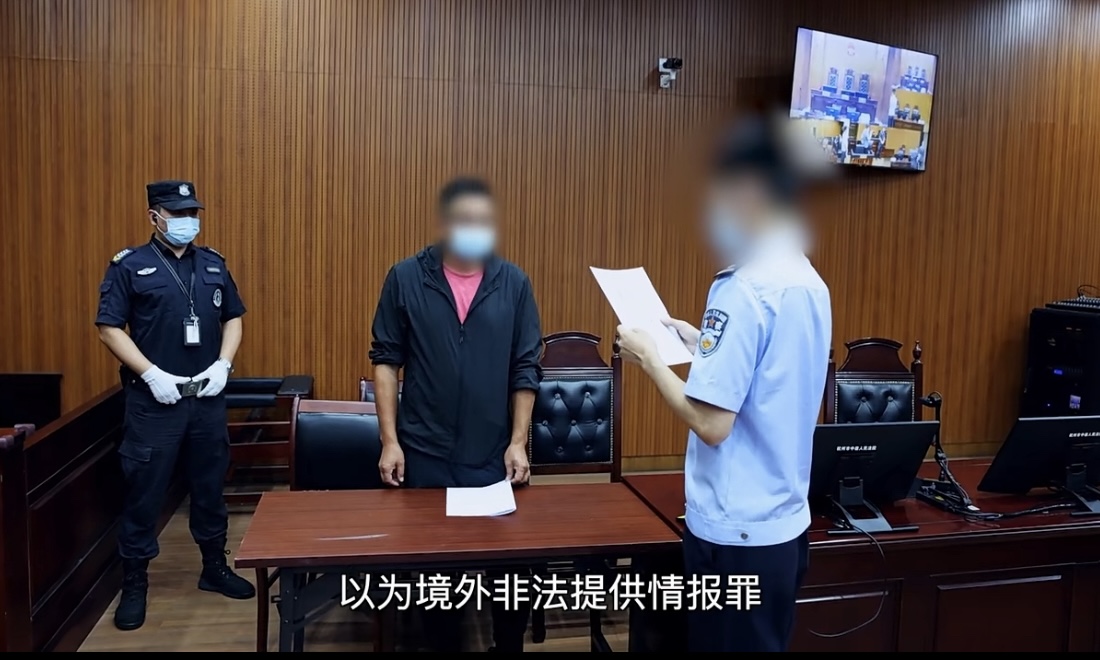
A screenshot from a video released by the Ministry of State Security via its official WeChat account on April 14, 2025
China’s Ministry of State Security (MSS) revealed a case on Monday, involving a researcher from an agricultural research institute who illegally brought a total of 61 germplasm resources without authorization out of China. The individual received a two-year prison sentence and one year of political rights deprivation for illegally disseminating intelligence to foreign entities, according to the MSS.
Seeds are the “chips” of agriculture, which are closely related to national food security. China is a major country in terms of germplasm resources, with abundant resources for crops such as rice. For a long time, some countries have continuously sought to steal China’s agricultural germplasm resources through various means, harming the national security and interests. At the same time, some personnel in domestic research institutions have a weak awareness of the law and national security, posing a serious threat to the safety of the seed industry and food security, according to a video posted by the MSS via its official WeChat account on Monday.
The researcher, identified by the surname Fu, went abroad as a visiting scholar in a university. At first Fu didn’t have a research project in that university. Fu noticed advanced lab equipment and thought of using it for Fu’s own domestic research projects. Fu shared the idea with the mentor, a professor surnamed Song, a rice expert at the university. Song supported this idea and encouraged Fu to bring Chinese wild rice germplasm resources, according to the MSS.
Fully aware that exporting domestic rice seeds without authorization is prohibited, Fu made three unauthorized trips, transporting four batches totaling 61 samples of China’s rice germplasm resources abroad. These were provided to his mentor, Song, and other foreign research personnel, according to the MSS.
Fu employed deceptive tactics to acquire germplasm resources. For instance, Fu applied for seeds through formal approval procedures for research purposes, but later kept the remaining seeds, secretly collected them from the unit’s laboratory fields, or solicited them from contacts at domestic agricultural research institutes and agricultural colleges under the guise of research. When these contacts specifically emphasized that the provided wild germplasm resources could not be shared externally and were only for domestic research, Fu agreed, according to the MSS.
The 61 germplasm resources Fu supplied to foreign research institutions have significant value for scientific research and production. Notably, one wild rice resource is a rare and unique resource exclusive to China, which is strictly prohibited from being provided to foreign entities according to relevant regulations, the MSS said.
The MSS warned that if foreign research institutions utilize the illegally obtained germplasm resources for rice genetic breeding, it could adversely impact China’s seed industry development and compromise intellectual property rights.
Fu paid the price for the foolish and illegal behavior.
Global Times




